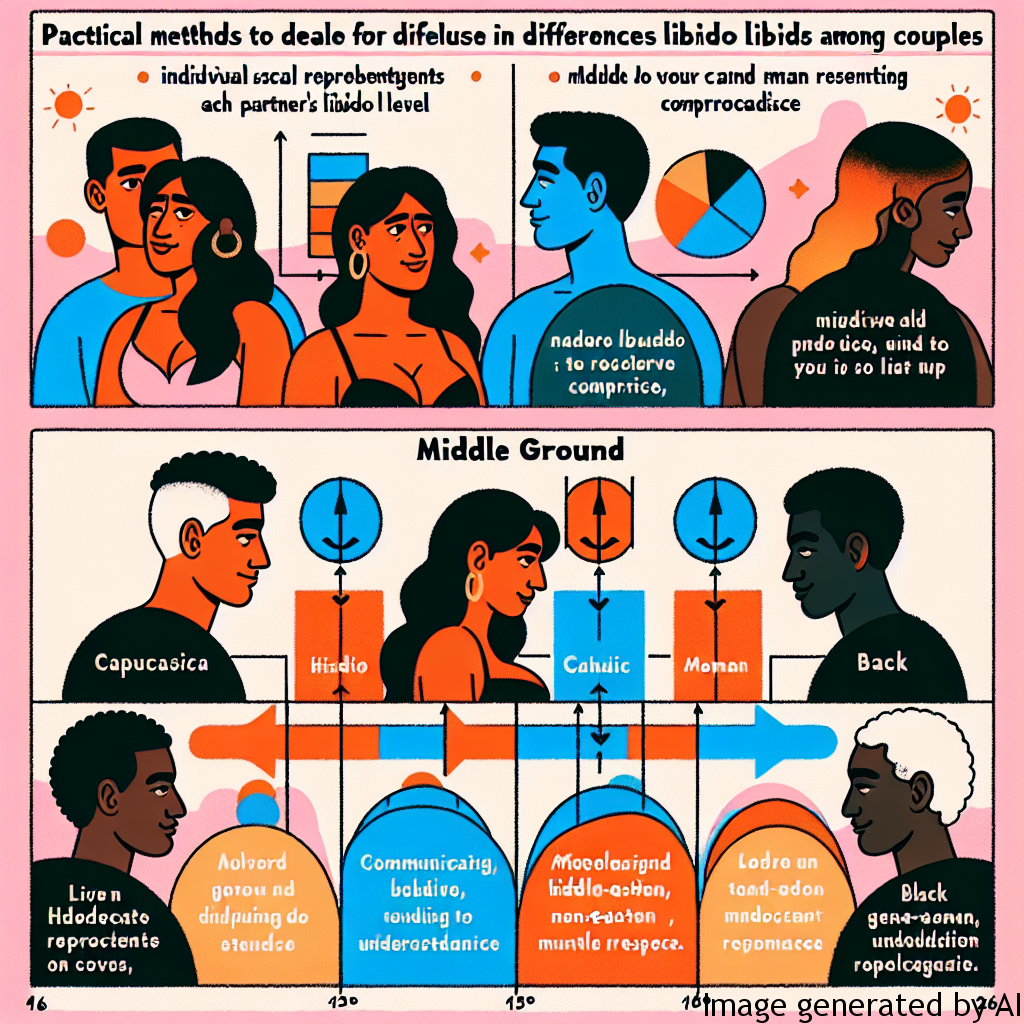Introduction
Libido, or sexual desire, is something that varies greatly from person to person and is influenced by a myriad of factors ranging from age, stress levels, physical health, and emotional state. In relationships, differences in libido levels can sometimes cause tensions. Understanding how to deal with these variations can be key to maintaining a healthy and mutually satisfying relationship.
Description of Gender Expectations and Their Impact on Men’s Psychological Health
In society, there are certain gender expectations related to libido levels. Men are generally expected to have a high libido, while lower sexual desire is often stigmatized and viewed as less masculine. Such stereotypes can create pressure and have a negative impact on men’s psychological health.
The Pressure to Perform
Men under the pressure of societal expectations may feel compelled to perform sexually, regardless of their actual desire. This pressure can lead to stress, anxiety, and even depression.
The Stigma of Low Libido
Conversely, men with a lower libido often feel isolated and embarrassed due to the stigma attached. This can further escalate to deep-seated feelings of inadequacy and low self-esteem. Managing these feelings in a healthy way is essential for mental wellbeing.
Examples of How Gender Roles Can Influence Men’s Lives
The influence of gender roles on men’s lives extends beyond their personal relationships. It can impact their social relationships, work life, and self-perception. For example, the expectation that a man must always be ready for sexual activity can strain friendships if he feels he cannot openly discuss his concerns. It can also impact work life, as stress and anxiety stemming from these expectations can lead to decreased performance or heightened irritability. Moreover, these expectations can distort a man’s self-perception and self-worth.
Tips for Improving Psychological Health Considering Gender Roles
Addressing the discrepancies in libido levels and understanding that it’s normal to have fluctuations can significantly contribute to improved psychological health.
- Communication: Open discussions with your partner about your feelings and worries can foster understanding and intimacy.
- Reject Stereotypes: It’s crucial to understand that cultural and societal norms around men’s sexuality and libido levels can be unrealistic and damaging.
- Seek Professional Help: If the stress and anxiety become overwhelming, consider seeking help from a mental health professional or a sex therapist. They can provide strategies and techniques to cope with these issues.
- Self-care: Activities that reduce stress, like regular exercise, healthy eating, and adequate sleep, can indirectly influence libido levels and overall mental well-being.
Conclusion
Differences in libido levels are a common aspect of any relationship. It’s important to remember that each individual is unique and their sexual desires can alter due to various factors. Addressing the unrealistic gender expectations and stereotypes around male libido can significantly help in improving men’s psychological health, thereby enhancing their quality of life.

